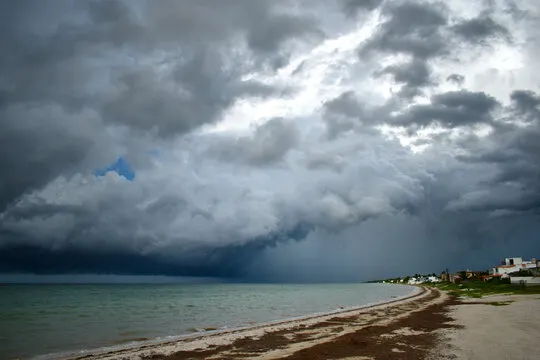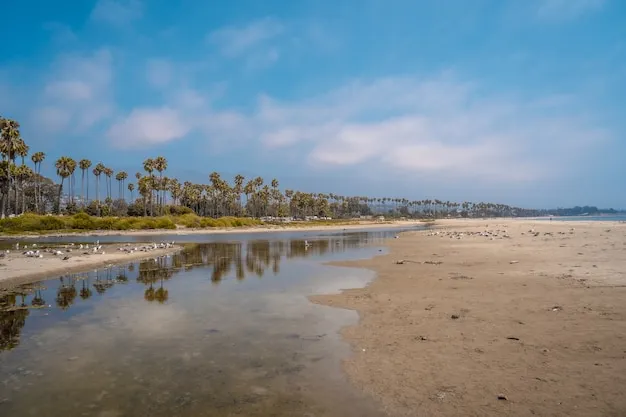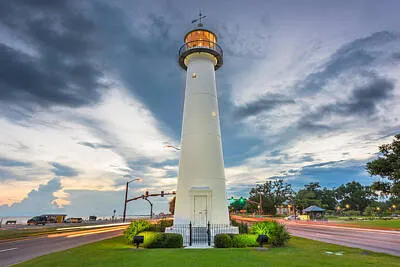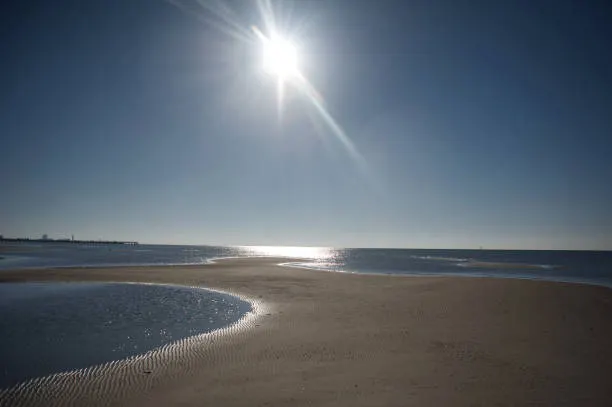Unprecedented Snowfall Stuns the South
The Gulf Coast, known for its warm weather and tropical climate, has been hit by an unprecedented blizzard, setting snowfall records in Louisiana and Florida. Residents, meteorologists, and officials alike are in shock as they witness a rare winter phenomenon in states accustomed to mild winters.
Record-Breaking Snowfall: What Happened?
The blizzard, which began, brought heavier-than-expected snowfall across several Gulf Coast states, including Texas, Mississippi, Alabama, Louisiana, and Florida. However, Louisiana and Florida saw the most significant records being broken.

Louisiana: Snowfall Like Never Before
- New Orleans and Baton Rouge received up to 6 inches of snow, an extreme rarity for the region.
- Lafayette, Louisiana, recorded its heaviest snowfall in over a century, accumulating nearly 8 inches.
- Schools and businesses were forced to close as roads turned treacherous.
- Many areas experienced power outages due to the weight of snow on power lines and trees.
Florida: A Snowstorm in the Sunshine State?
- Northern Florida saw the most snow, with Tallahassee recording over 3 inches, the highest in decades.
- Snowfall in Jacksonville and Pensacola stunned residents who had never witnessed such weather in their lifetime.
- Airports in Florida faced major disruptions, with flights canceled or delayed due to icy runways.

Why Did This Blizzard Happen?
Meteorologists explain that a strong Arctic cold front collided with a moisture-rich Gulf storm system, creating the perfect conditions for heavy snowfall.
- The polar vortex pushed frigid air deep into the South.
- Warm moisture from the Gulf of Mexico intensified snowfall.
- A low-pressure system stalled over the region, allowing snow to accumulate rapidly.
Impacts of the Blizzard
This historic snowstorm has caused widespread disruptions and challenges across the affected states.
Transportation Chaos
- Interstate highways, including I-10 and I-12, were partially closed due to hazardous driving conditions.
- Major airports in New Orleans, Baton Rouge, Tallahassee, and Jacksonville reported significant flight cancellations.
- Public transport services, including buses and trains, were temporarily suspended in some areas.

Power Outages & Infrastructure Damage
- Over 500,000 homes and businesses experienced power outages due to fallen power lines and damaged transformers.
- Authorities warned residents to conserve electricity as power companies struggled to restore services.
- Frozen water pipes burst in multiple locations, leading to water supply disruptions.
Emergency Response & Safety Measures
- State and local governments declared emergencies, urging people to stay indoors.
- Emergency shelters were opened for those without adequate heating or in need of assistance.
- Snowplows and salt trucks, uncommon in the Gulf region, were deployed but struggled to keep up.
- Authorities advised residents to stock up on essential supplies as grocery stores faced shortages.
Reactions from Locals & Experts
Residents across Louisiana and Florida expressed a mix of shock, excitement, and concern.
- Many shared viral videos of snow-covered palm trees, an unusual sight in the region.
- Others worried about the economic impact on businesses forced to shut down.
- Experts called this storm a once-in-a-lifetime event and warned that climate change may be contributing to increasingly extreme weather patterns.

What’s Next?
The storm has started to weaken, but its effects will be felt for days.
- Temperatures are expected to remain below freezing, causing concerns over black ice and further disruptions.
- Authorities have urged residents to take precautions against hypothermia and carbon monoxide poisoning from improper heating methods.
- Meteorologists are closely monitoring another possible cold front, but no immediate major storms are predicted.
Conclusion: A Historic Storm to Remember
The Gulf Coast has faced an unforgettable winter event, shattering records and rewriting weather history in Louisiana and Florida. As recovery efforts continue, residents are left wondering: could this be a sign of more extreme weather events in the future?
Climate experts have noted a rise in unpredictable weather patterns, suggesting that warming ocean temperatures and shifting atmospheric conditions may be contributing to more frequent and severe storms. Many scientists warn that unless significant measures are taken to combat climate change, such extreme events could become the norm rather than rare occurrences.
Residents are now grappling with the aftermath, dealing with home repairs, insurance claims, and disruptions to daily life. Local governments are considering investing in better winter preparedness plans, including emergency heating shelters and improved road treatment strategies. Businesses, especially those dependent on tourism, are also assessing the long-term economic impact of this historic storm.
Only time will tell, but one thing is certain—this Gulf Coast blizzard will be remembered for generations to come.
U.S. Slaps Massive Tariffs on Canada, Mexico & China—Trade War Heats Up!






